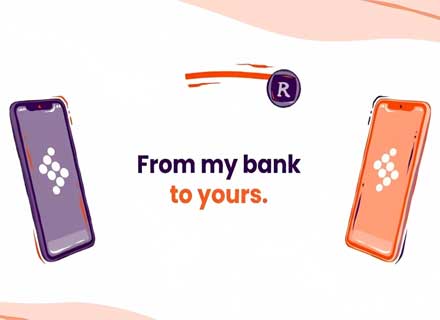In March 2023, the South African Reserve Bank (SARB) announced the launch of PayShap, a real-time fast payments platform designed to offer South Africans safer, faster and significantly more convenient payment options.
PayShap is the result of a cross-industry collaboration driven by BankservAfrica, the Payments Association of South Africa and the South African banking community to modernize the national payments industry. It is based on the SARB’s Rapid Payments Program as part of the “Vision 2025” strategy to reform South Africa’s national payment system framework.
The SARB has determined that PayShap will eventually offer a low-cost instant payment service across all banks, a proxy service to embed user bank data, a payment prompt service, as well as support for several well-known bulk payment use cases. The service also closes gaps in bank payment system interoperability by implementing a payment platform for “Transactions Cleared on an Immediate Basis”.
One of the more tangible benefits for everyday users will be the reduction in the information required for payments.
In the initial phase, PayShap users can access the real-time payment feature to pay recipients instantly, using either their bank details or a proxy via a unique identifier called ShapID. For example, a person’s ShapID could be a mobile phone number or a bank-generated identification number used as a proxy for their full bank details.
As PayShap is an industry-wide project, it is also far more accessible to a wider range of South African customers, where electronic payment speed is typically only available to credit card holders, users of payment solution providers or open banking providers. For example, PayShap also aims to reduce the use of cash for small transactions, an important step in an economy like South Africa.
Recent estimates in a 2020 Worldpay Global Payments Report suggest that more than half of global payments are still cashless, and in the informal economy it is nearly 90%. At launch, it was stated that PayShap would do real-time settlement of low-value transactions up to a maximum of ZAR 3,000.

